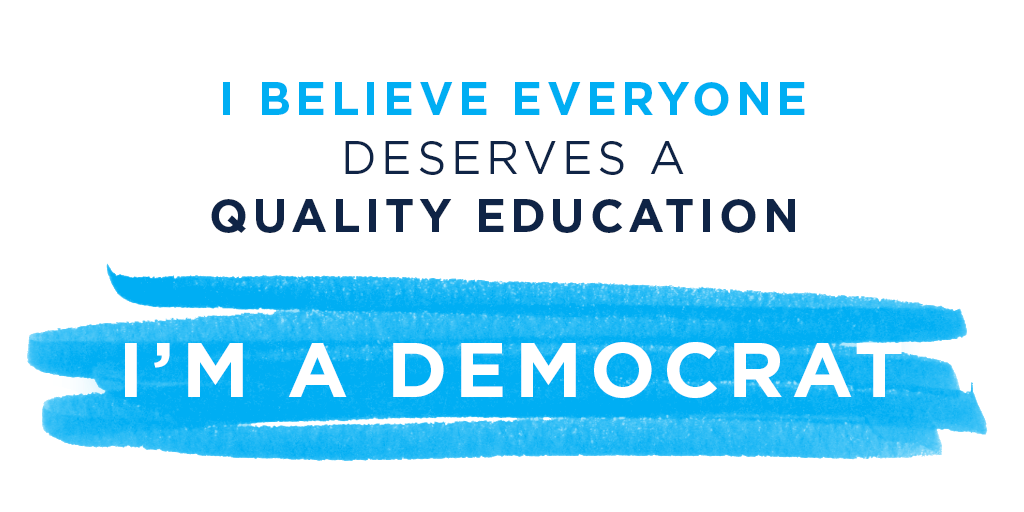“Today we come together, across the country and across the commonwealth, to celebrate the life, contributions, and legacy of Rev. Dr. Martin Luther King, Jr. His tireless efforts on behalf of those denied equal rights and equal protection paved the way for a nation united under the belief that regardless of race, gender, economic circumstance, or social situation, we all deserve a fair chance at achieving the American dream.
“As we reflect on the life and legacy of Rev. Dr. Martin Luther King ,Jr. we must redouble our efforts to ensure we find solutions to make Virginia a more welcoming place for all who want to live, work, or raise a family in our great Commonwealth.” -DPVA Chair Herring Statement Honoring Rev. Dr. Martin Luther King, Jr.
The greatest MLK speech you never heard
Sermon delivered at Riverside Church in New York on April 4, 1967.
Why it’s important: This was King’s most controversial speech. Even some members of his own staff warned him not to give it. With this sermon, King decisively came out against the Vietnam War at a time when many Americans still supported it. People were furious. President Lyndon Johnson stopped talking to him. Civil rights leaders criticized him, and major newspapers told him to stick to civil rights. Yet King put principle over personal popularity and continued to oppose the war. One year later to the day he gave this speech, King was assassinated in Memphis, Tennessee.
What he said: Money that should have been spent on Johnson’s War on Poverty was being lost in Vietnam’s killing fields. He said, “A nation that continues year after year to spend more money on military defense than on programs of social uplift is approaching spiritual death.” The speech distilled King’s belief that racism, economic exploitation and war were all connected as “triple evils.”
Signature lines: “We are taking the black young men who had been crippled by our society and sending them 8,000 miles away to guarantee liberties in Southeast Asia which they had not found in Southwest Georgia and East Harlem. So we have been repeatedly faced with the cruel irony of watching Negro and white boys on TV screens as they kill and die together for a nation that has been unable to seat them together in the same schools.”
What others say: “It’s Dr. King’s most underappreciated speech,” says Vorris Nunley, a professor of rhetoric at the University of California, Riverside. “Former supporters, black as well as white, backed away from this too compassionate, too radical, too political King.”


